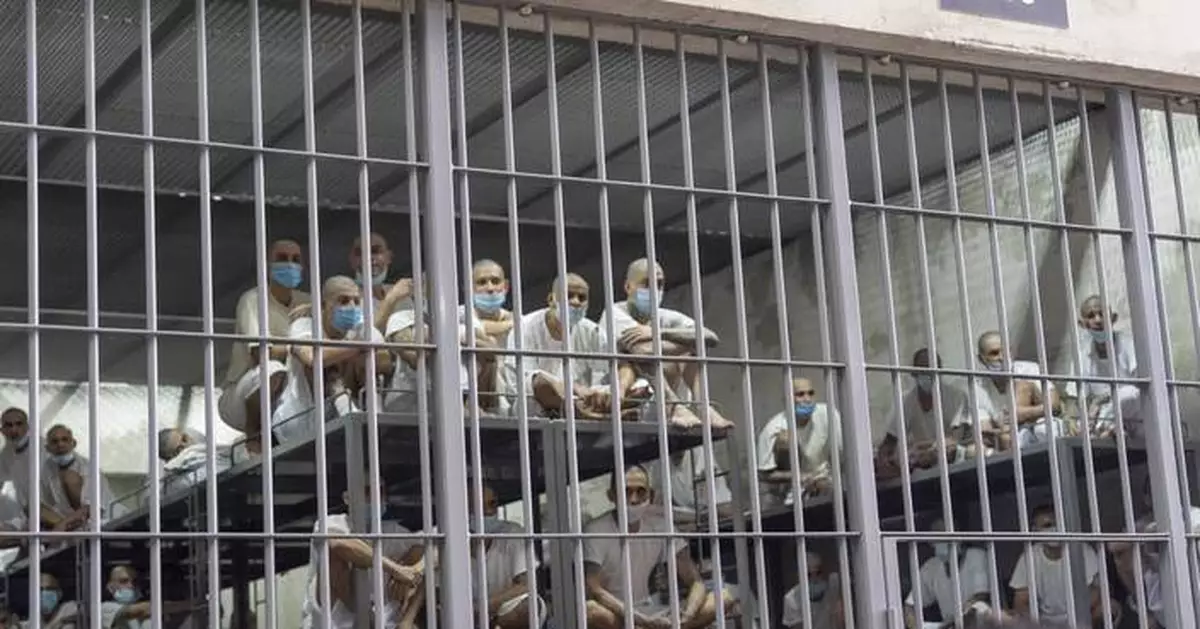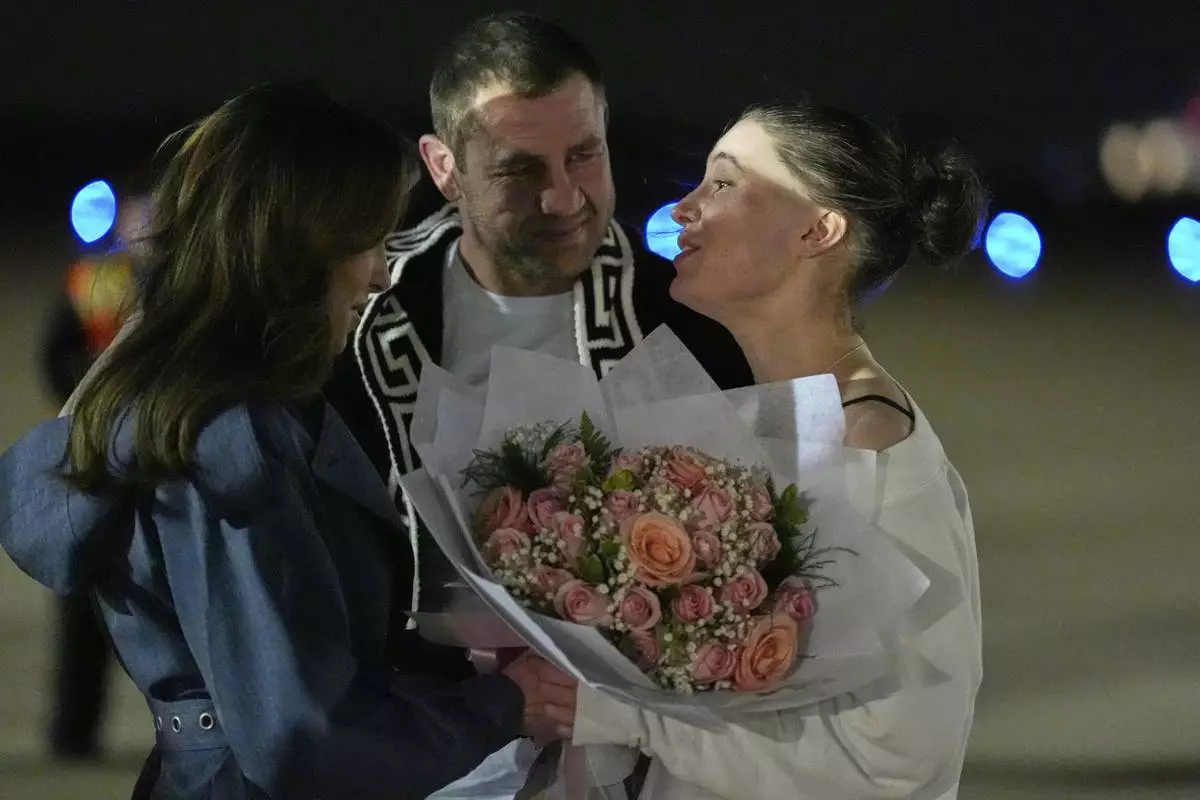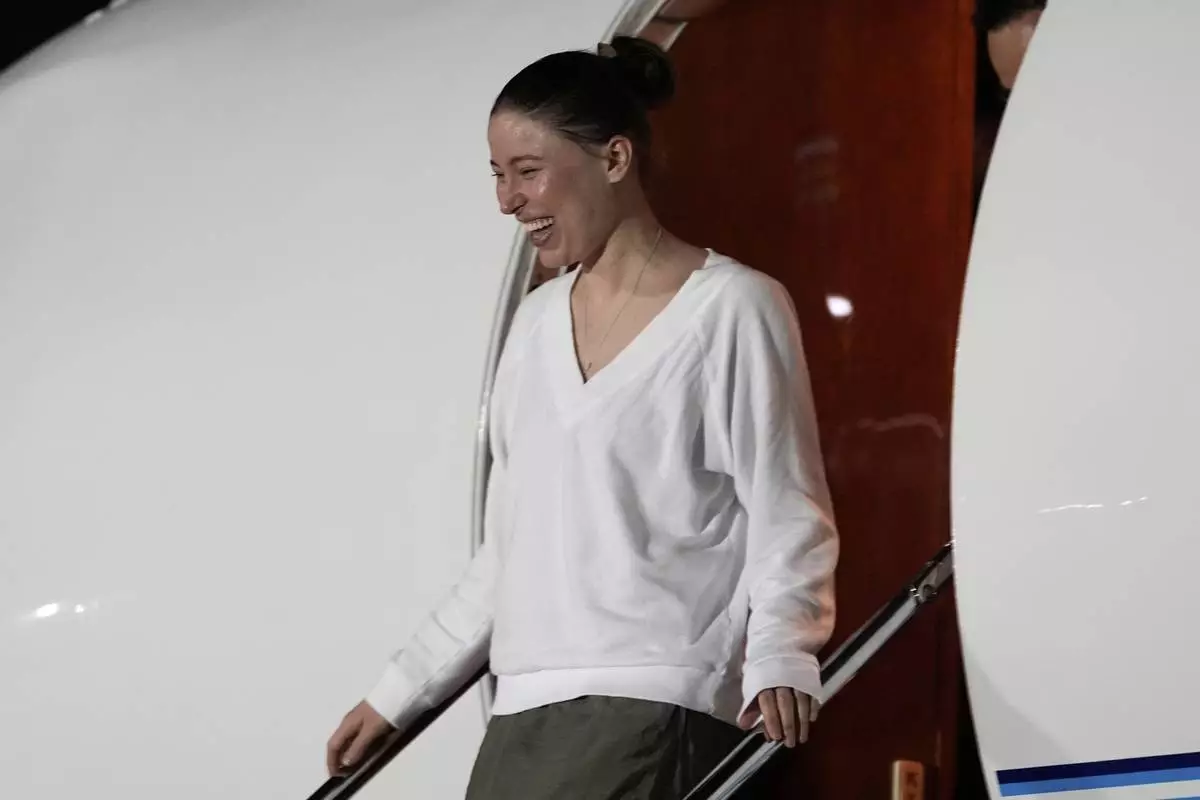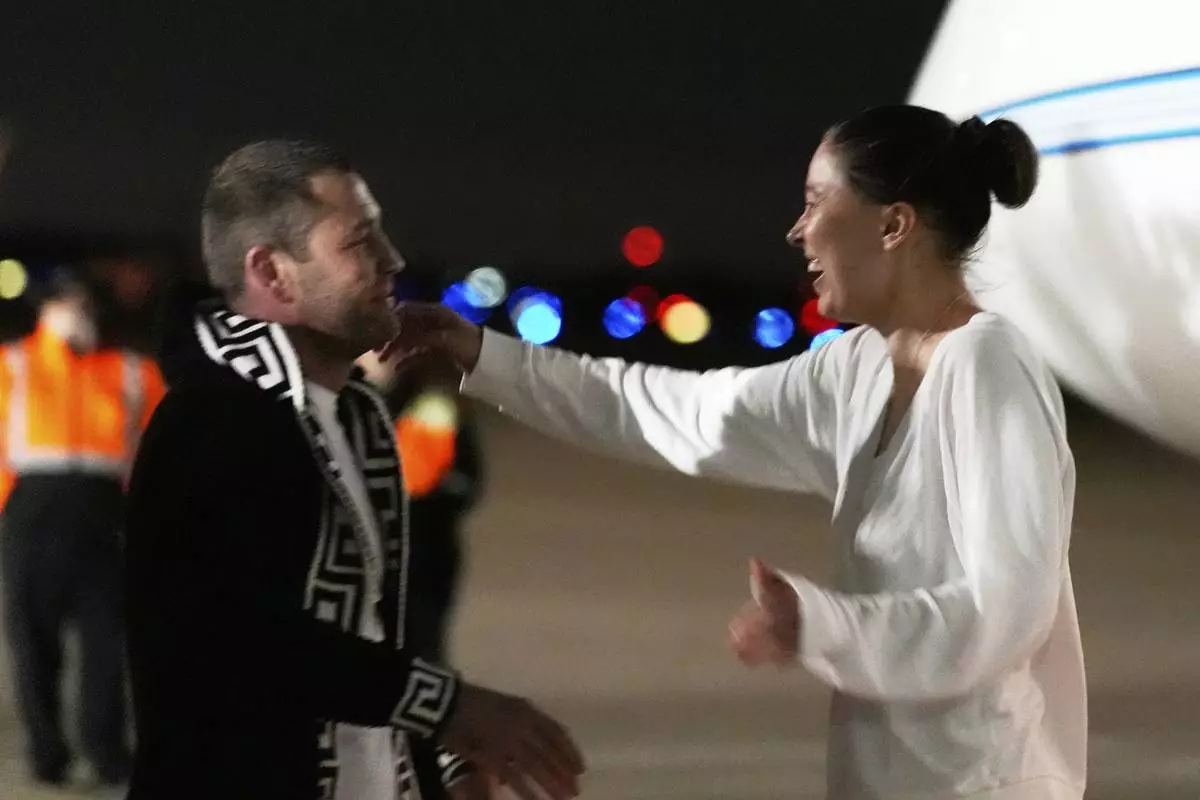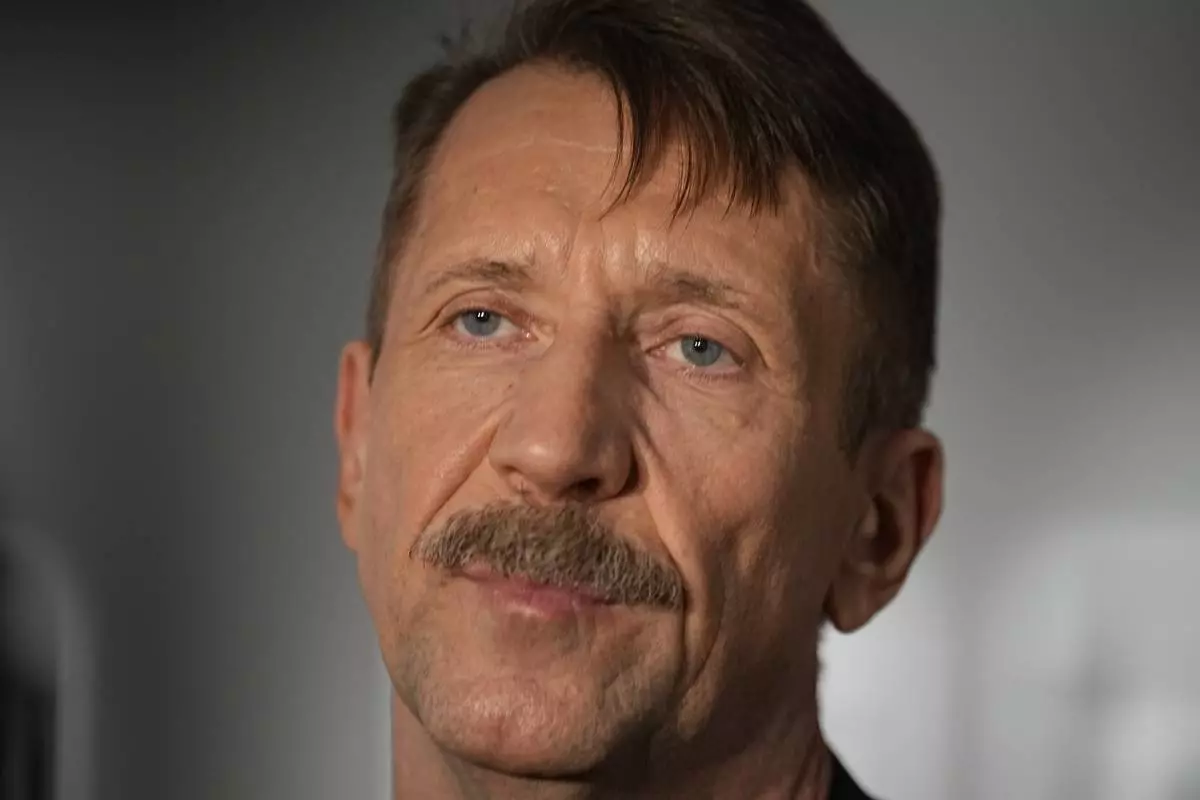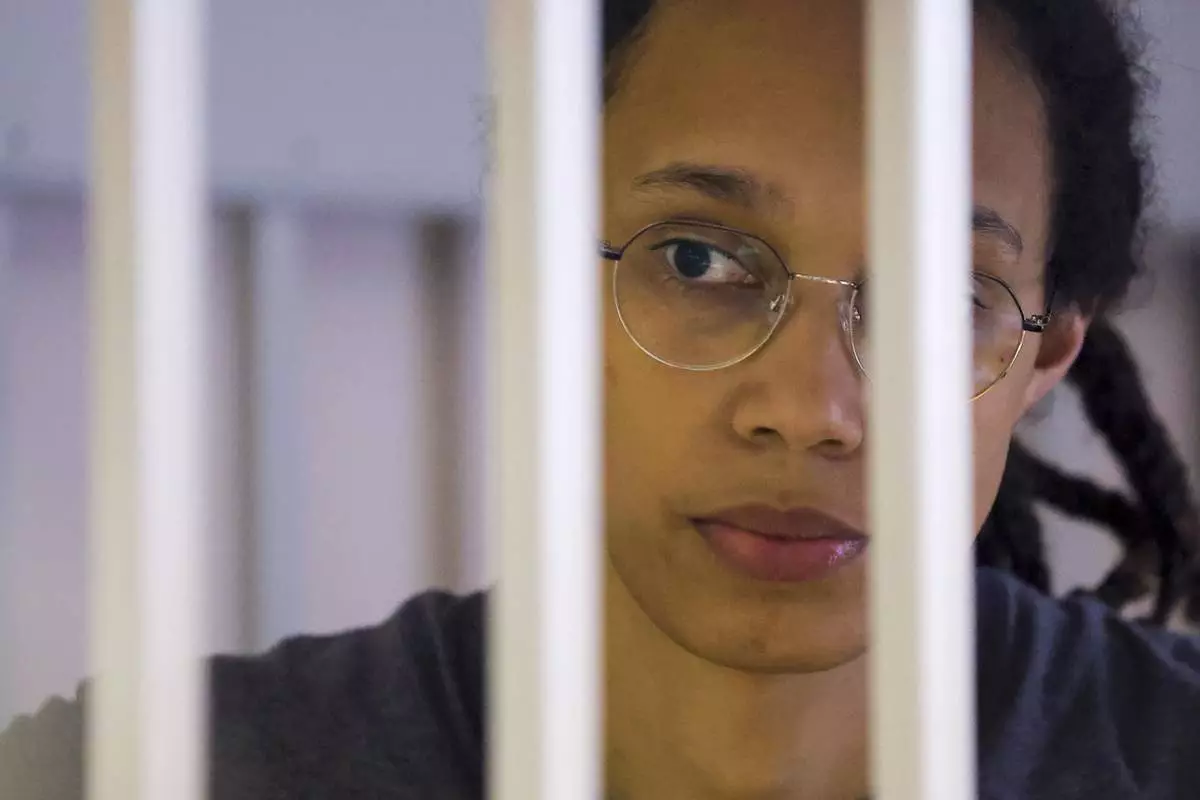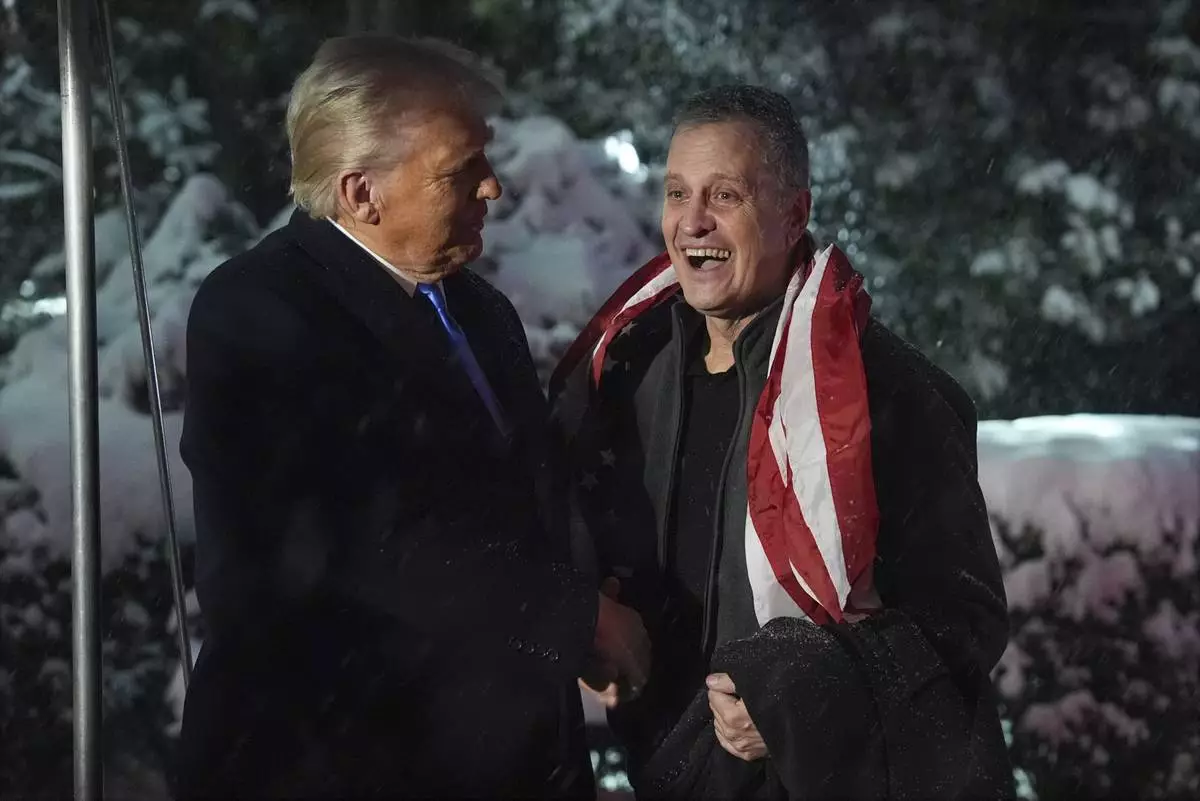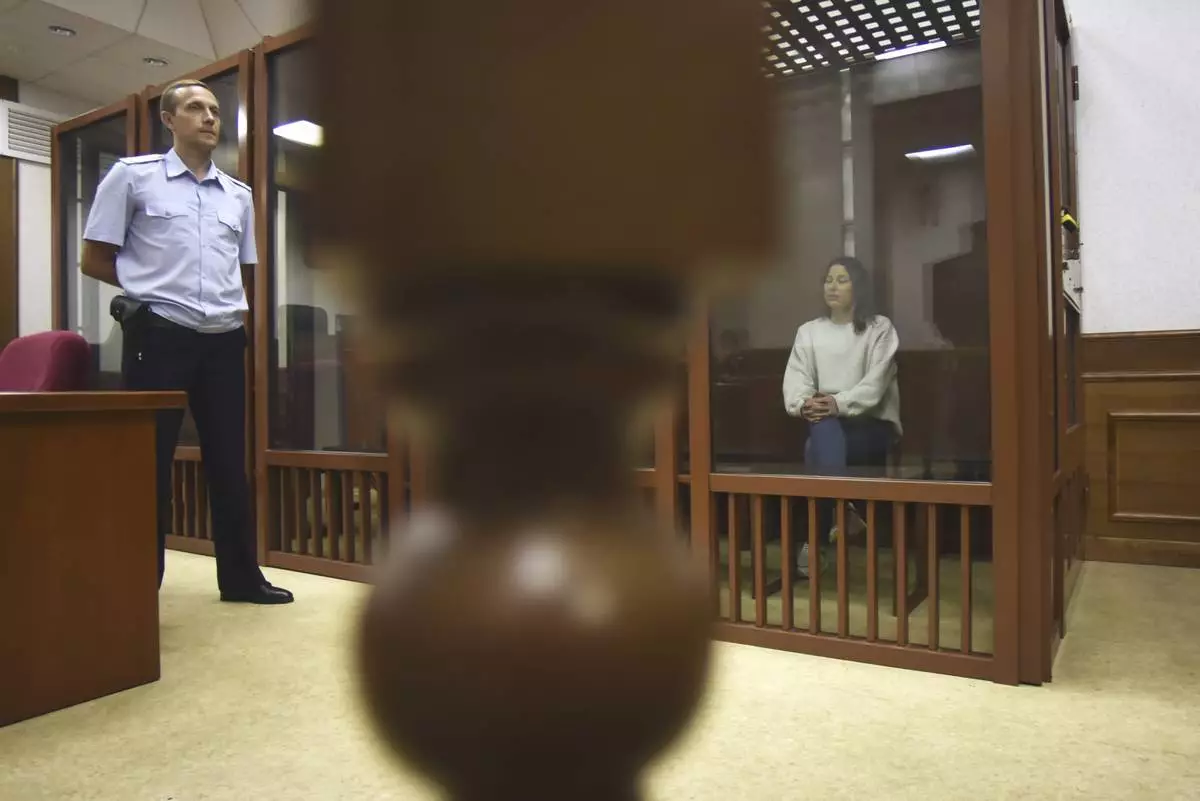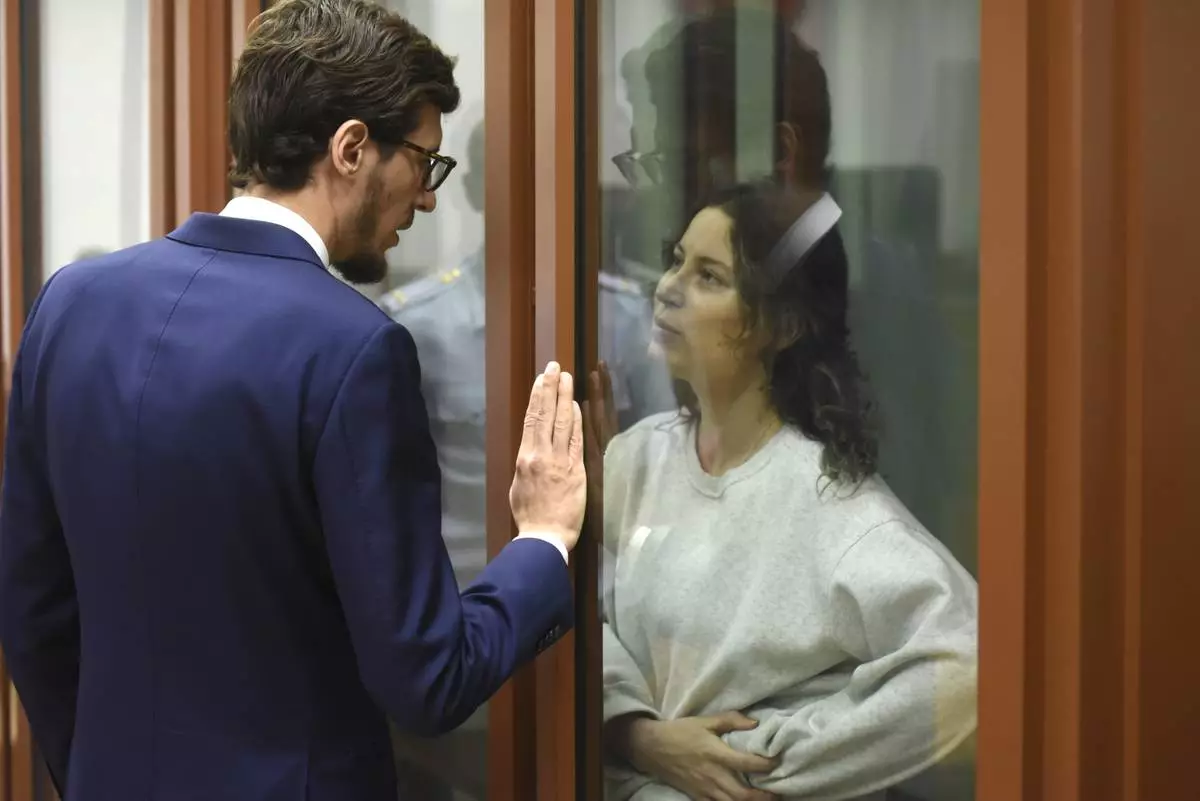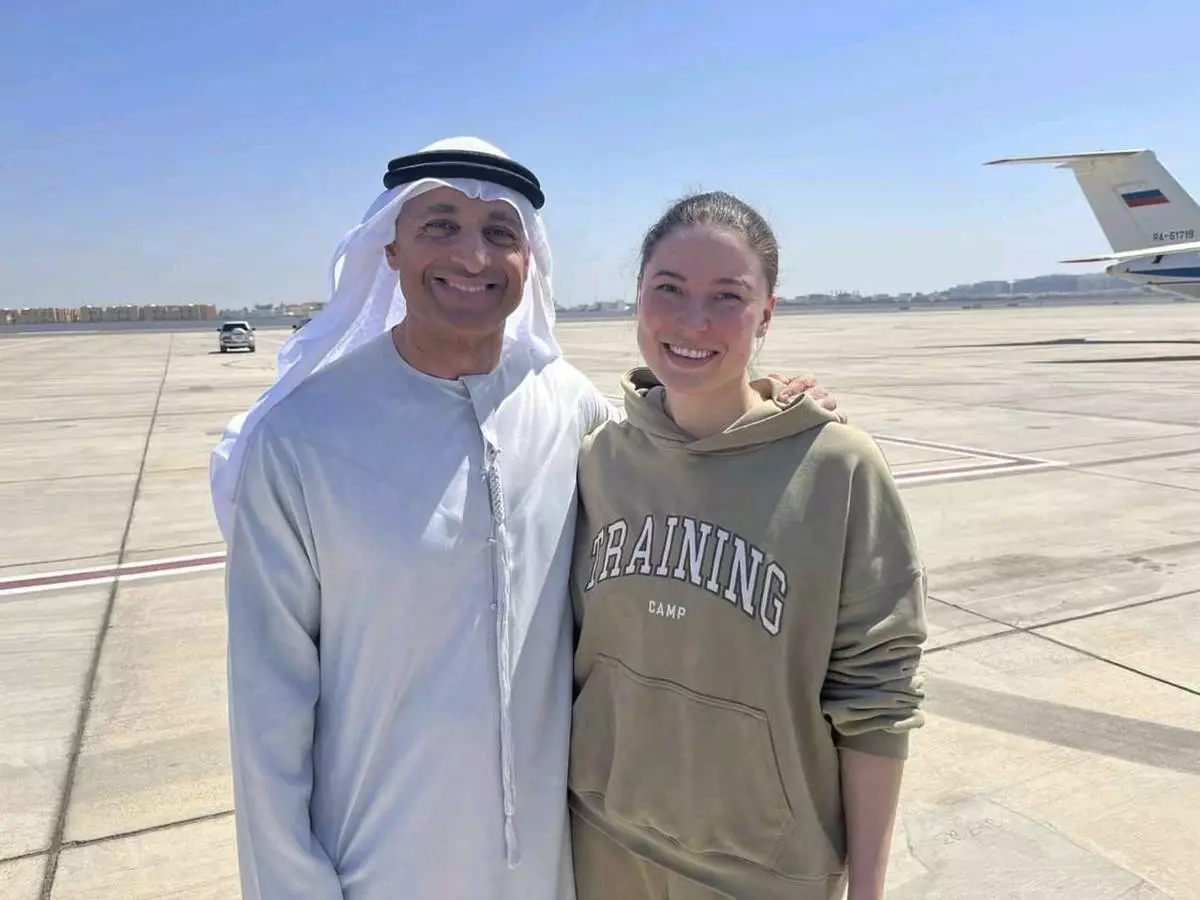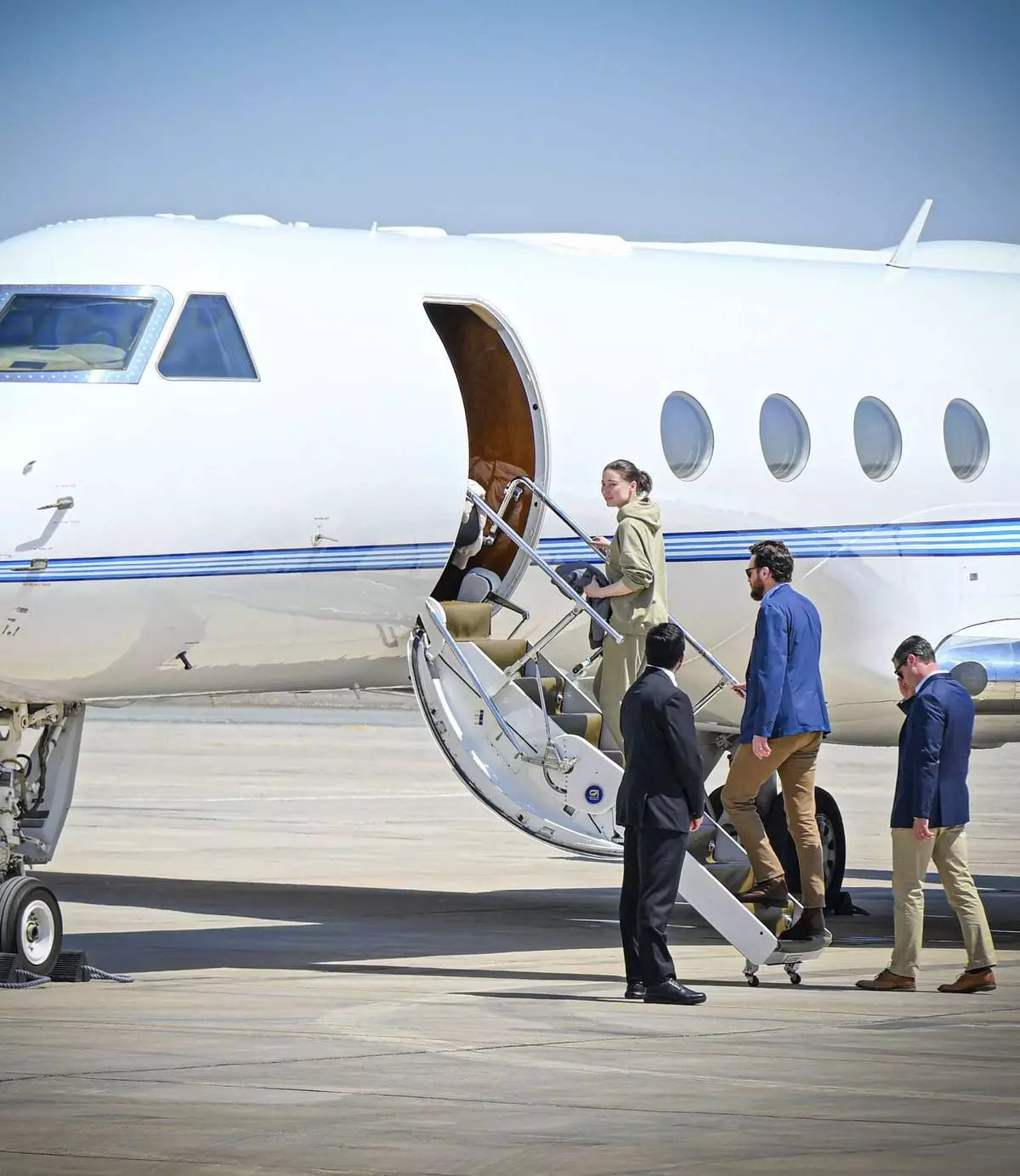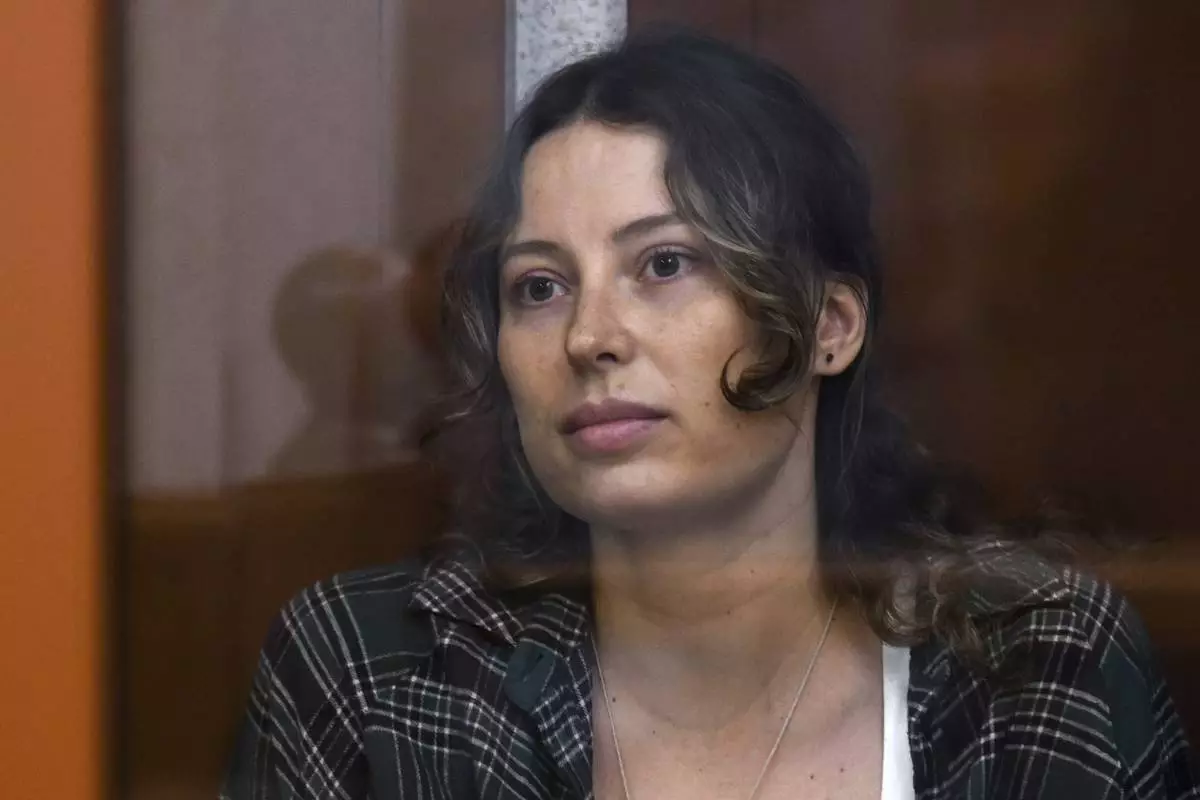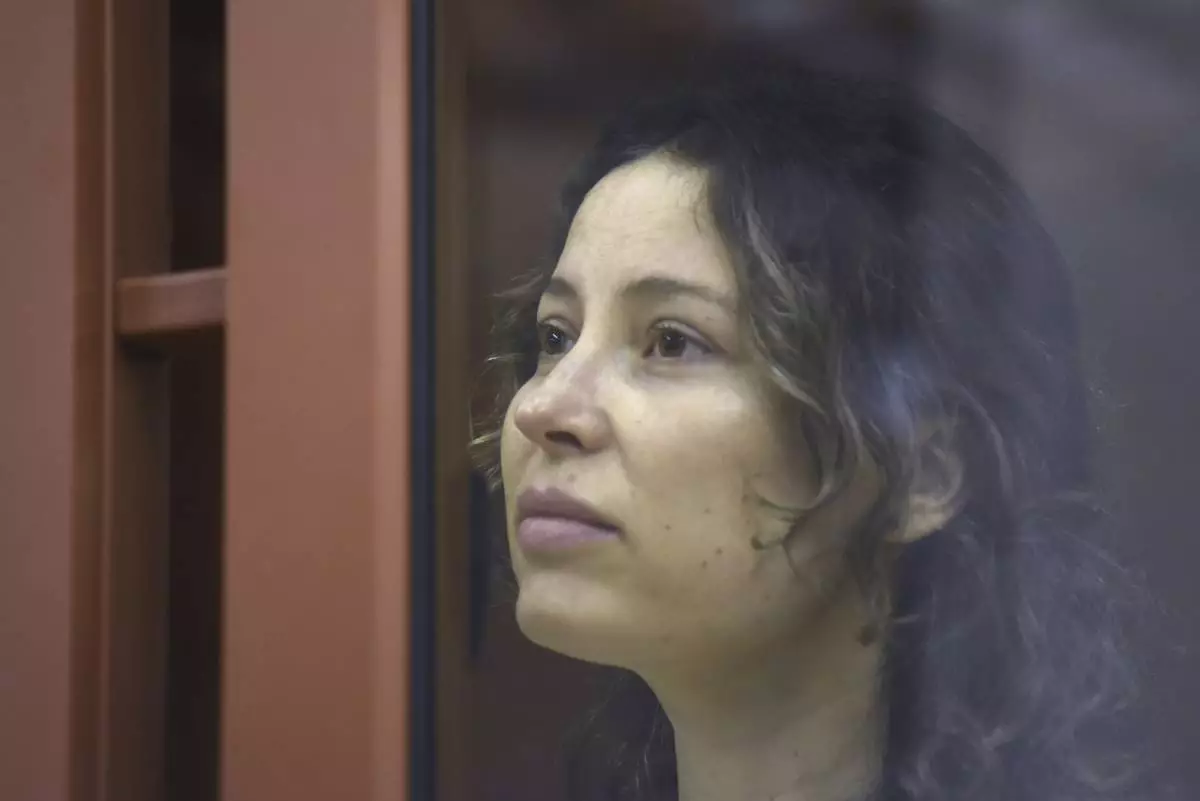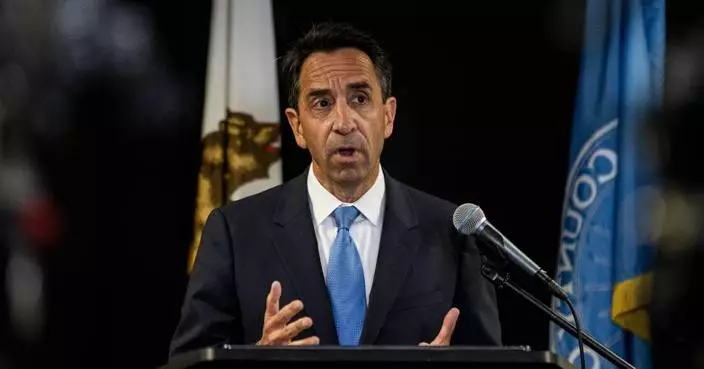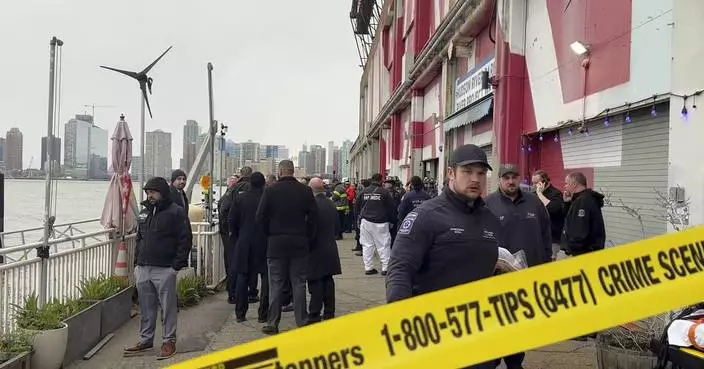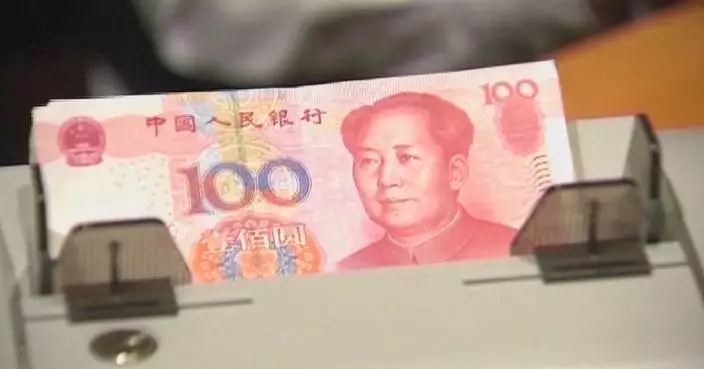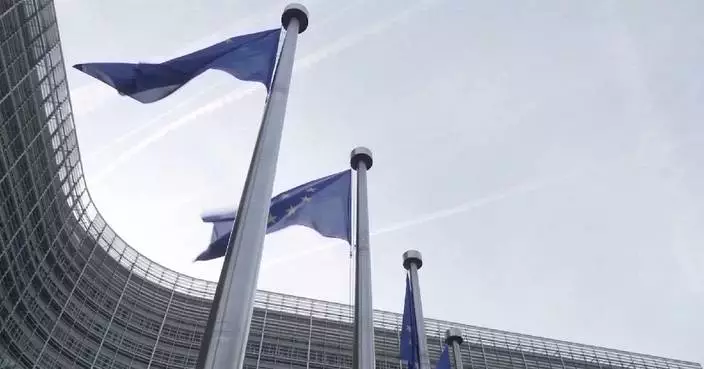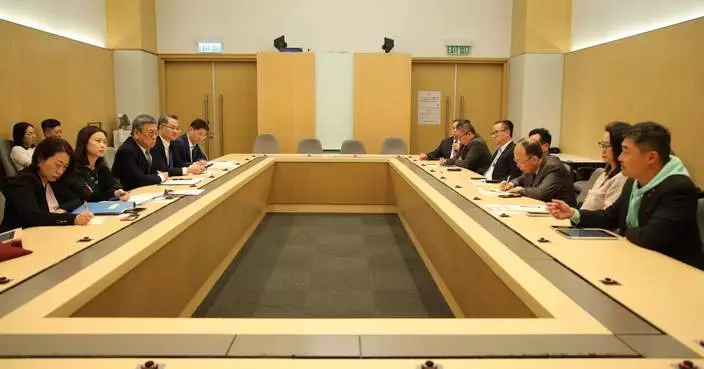It was just a few sentences in a meandering, hourlong presidential speech on a Friday afternoon.
Along with talk about falling egg prices and a vow to expel “corrupt forces” from the U.S. government, President Donald Trump noted that hundreds of members of the Venezuelan gang Tren de Aragua had been arrested.
“You’ll be reading a lot of stories tomorrow about what we’ve done with them,” he said at the Justice Department on March 14. “These are tough people and bad people and we’re getting them out of our country.”
“You’ll be very impressed,” he added.
Trump was previewing drama to come that would involve clandestine flights to another continent, a notorious prison, innocents among criminals and a dramatic confrontation between his assertions of presidential power and a federal judge who Trump said had overreached.
The president's invocation of the Alien Enemies Act of 1798 to justify deporting more than 130 Venezuelan men, some of them gang members and others who claim to have been in the United States legally and were seemingly expelled because of their ordinary tattoos, played out over a frenetic 24 hours.
By the time Trump had spoken, hundreds of detained immigrants had been quietly shuttled from across the U.S. to South Texas. Planes had been chartered to take them to their ultimate destination, El Salvador, under a deal with President Nayib Bukele, who proudly calls himself “world’s coolest dictator.”
The men were herded into a maximum security mega prison in El Salvador, where officials quickly made a show of the new inmates having their heads shaved, then standing shoulder to shoulder in cells so crowded that some prisoners do not have beds.
But soon, stories began to surface that the scene was not quite as it appeared. Some of them men had long insisted they had no gang ties, and their families had produced documents showing they had no criminal records.
“I’ve been doing this for a long time, and I’ve seen some pretty weird stuff,” said Texas attorney John Dutton, who represented a man who disappeared into the Salvadoran prison. “But to do this in the middle of the night, to send people to another country, and straight to a prison when they haven’t been convicted of a crime?
“It makes no sense.”
It made sense in the White House.
Trump has been promising for years that he would invoke the Alien Enemies Act to combat illegal immigration. He repeatedly insisted, falsely, that the U.S. was facing an invasion of criminal immigrants.
Tren de Aragua became the face of that threat, and the first target of that law in decades.
Crafted during the presidency of John Adams, the law gives the president broad powers to imprison and deport noncitizens in times of war. It has been used just three times: during the War of 1812 and the two world wars.
The Trump administration had begun edging closer to calling the criminal migrant issue a war, most notably by designating eight Latin American criminal groups, including Tren de Aragua, as “foreign terrorist organizations.”
The administration was telegraphing its logical next move. Immigration lawyers prepared to fight back.
The flights began arriving in the small South Texas city on March 12.
Using jets chartered by a branch of U.S. Immigration and Customs Enforcement, the ICE Air flights landed in Harlingen from Dallas, Phoenix, El Paso, Texas, and Nashville, Tennessee. At least three came from Alexandria, Louisiana, a hub for that state’s network of immigration detention centers.
But it wasn’t until Saturday, March 15, that it became clear to a retired financial executive in Ohio that something unusual was happening.
Two flights, Tom Cartwright noticed, were scheduled from Harlingen to El Salvador.
Deportations are fairly rare on Saturdays, as are deportation flights from Harlingen to El Salvador, said Cartwright, a flight data analyst for the advocacy group Witness at the Border, whose social media feeds are closely watched in immigration circles.
“All that came together and said to me: There’s something weird here.”
Court documents later showed that for at least the previous week, Venezuelan men in immigration detention centers in New Jersey, Pennsylvania, Florida and elsewhere were being moved by bus and plane toward ICE’s El Valle Detention Facility, a 40-minute drive from the Harlingen airport.
One of those men was a makeup artist who said he fled Venezuela last summer after his boss at a state-run news channel publicly slapped him.
In a country where political repression and open homophobia are both part of life, it’s hard to be a gay man who does not support President Nicolás Maduro.
Walking and traveling by bus and taxi through Central America and Mexico, Andry José Hernández Romero hoped to find a new life in the U.S. He used a U.S. Customs and Border Protection phone app to arrange an appointment at a U.S. border crossing in San Diego.
That’s where he was asked about his tattoos, and where his trouble started.
U.S. immigration authorities use a series of “gang identifiers” to help them spot members of Tren de Aragua. Some are obvious, such as trafficking drugs with known Tren members.
Some identifiers are more surprising: Chicago Bulls jerseys, “high-end urban street wear,” and tattoos of clocks, stars or crowns, according to government instructional material filed in court by the American Civil Liberties Union.
Tattoos were key to marking many deported men as Tren members, according to documents and lawyers.
Romero, who is in his early 20s, has a crown tattooed on each wrist. One is next to the word “Mom.” The other next to “Dad.” The crowns, according to his lawyer, also pay homage to his hometown’s Christmastime “Three Kings” festival, and to his work in beauty pageants, where crowns are common.
Romero, who insists he has no ties to Tren, was taken into ICE custody and transferred to a California detention center.
And then, around March 7, he was suddenly moved to a facility in Laredo, Texas, a three-hour bus ride from the Harlingen airport.
Friday, March 14, was supposed to be quiet for Javier Maldonado.
“I had come in to work late, like 10 in the morning,” said Maldonado, a Texas immigration lawyer based in San Antonio. “I was having my coffee, and thought I was going to do admin work and catch up on emails and phone calls.”
He was wrong.
The Alien Enemies Act was hours away from being invoked, and more than a day from being announced, but word was starting to filter out from a group of Venezuelan men held at El Valle Detention Center, near Harlingen. Around 3 a.m., roughly 100 had been roused from sleep by guards and told they were being deported. Some were told they would be flown to Mexico, some to Venezuela. Many were told nothing.
Ten hours later, the men were back in their bunks. The flight had been canceled, they were told, and they would leave soon.
But a few men contacted relatives or lawyers.
Within hours, an informal legal network was frantically at work, from a lawyer in Brooklyn to a law school professor in Los Angeles to a University of Florida law student interning with an El Paso immigrant advocacy firm. All were working with Texas lawyers like Maldonado who would file petitions in federal court.
“It’s a small circle, relatively, of lawyers that do this sort of work,” he said.
Even people who cross illegally into the U.S. have rights. Some of the men the lawyers were defending have Temporary Protected Status, a legal classification that shields roughly 350,000 Venezuelans from deportation.
Communication between lawyers and detainees was often chaotic. Messages sometimes were relayed through relatives in Venezuela.
But guards, said one man, had made something clear.
“The order from the president is to deport them all.”
Trump was aboard Air Force One that Friday when he invoked the Alien Enemies Act en route to his Mar-a-Lago club in Florida.
Tren de Aragua, his proclamation said, was attempting “an invasion or predatory incursion” of the United States.
Publicly, though, the administration said nothing.
Still, word was spreading about the planned flights to El Salvador. A Texas lawyer had filmed a bus leaving the El Valle facility under police escort, apparently heading to the airport.
While Trump's use of the law had not yet been announced, two legal advocacy groups, the ACLU and Democracy Forward, felt they had to file preemptively.
“We couldn’t take a chance that nothing was going to happen,” said Lee Gelernt of the ACLU, the lead attorney.
They spent hours drafting a petition on behalf of five detained Venezuelans who feared being falsely labeled members of Tren and deported. They crafted legal arguments until they felt time was running out.
Finally, they filed the petition with the U.S. District Court in Washington, seeking to halt all deportations under the Alien Enemies Act.
It was 2:16 a.m. Saturday.
Later that day, after Judge James E. Boasberg issued a temporary restraining order in response to the ACLU lawsuit and scheduled a 5 p.m. hearing, things in Texas began to move faster.
Guards gathered prisoners at the El Valle detention center, ordering them onto buses for the airport at about 3:30 p.m.
The flights carried a total of 261 deportees, the White House later said, including 137 Venezuelans deported under the Alien Enemies Act, 101 under other immigration regulations, and 23 El Salvadoran members of the gang MS-13.
About 4 p.m. the White House posted Trump’s proclamation.
Roughly an hour later Boasberg opened his hearing over Zoom.
“First, apologies for my attire,” he began, dressed in a blue sweater. “I went away for the weekend and brought with me neither a robe nor tie nor appropriate shirt.”
Things quickly grew more serious. Boasberg asked whether the government planned to deport anyone under the new proclamation “in the next 24 or 48 hours.” The ACLU warned that deportation planes were about to take off. Deputy Assistant Attorney General Drew Ensign said he was unsure of the flight details.
Boasberg called a recess so Ensign could get more information. When Ensign came back empty-handed, the judge issued a new order to stop the deportations being carried out under the centuries-old law.
He noted specifically that any planes in the air needed to come back.
"This is something that you need to make sure is complied with immediately,” he told Ensign.
It was about 6:45 p.m.
By then, two ICE Air planes were heading across the Gulf of Mexico and toward Central America. Neither turned around.
The airliners stopped in Honduras before making the short final flight to El Salvador.
Fear swept the plane when the doors opened and the prisoners realized where they were. Many knew the reputation of El Salvador’s prisons.
“Everyone was scared,” a Nicaraguan woman accidently put on a flight said in a legal declaration after returning to the U.S. “Some people had to forcibly be removed from the plane.”
What followed was soon set to music by the El Salvadoran government, which released videos of shackled men struggling to walk as officers forced down their heads and marched them to the immense Terrorism Confinement Center, or CECOT prison.
The next morning, Bukele, El Salvador’s president, tweeted a New York Post headline saying Boasberg had ordered the planes turned around.
“Oopsie … Too late,” Bukele wrote, adding a laughing/crying emoji.
The Trump administration is now urging the Supreme Court for permission to resume deportations of Venezuelan migrants to El Salvador under the Alien Enemies Act. Boasberg soon could rule on whether there are grounds to find anyone in contempt of court for defying his court order.
As for Romero, the makeup artist, he's somewhere in CECOT.

As prisoners stand looking out from a cell, U.S. Homeland Security Secretary Kristi Noem speaks during a tour of the Terrorist Confinement Center in Tecoluca, El Salvador, March 26, 2025. (AP Photo/Alex Brandon)
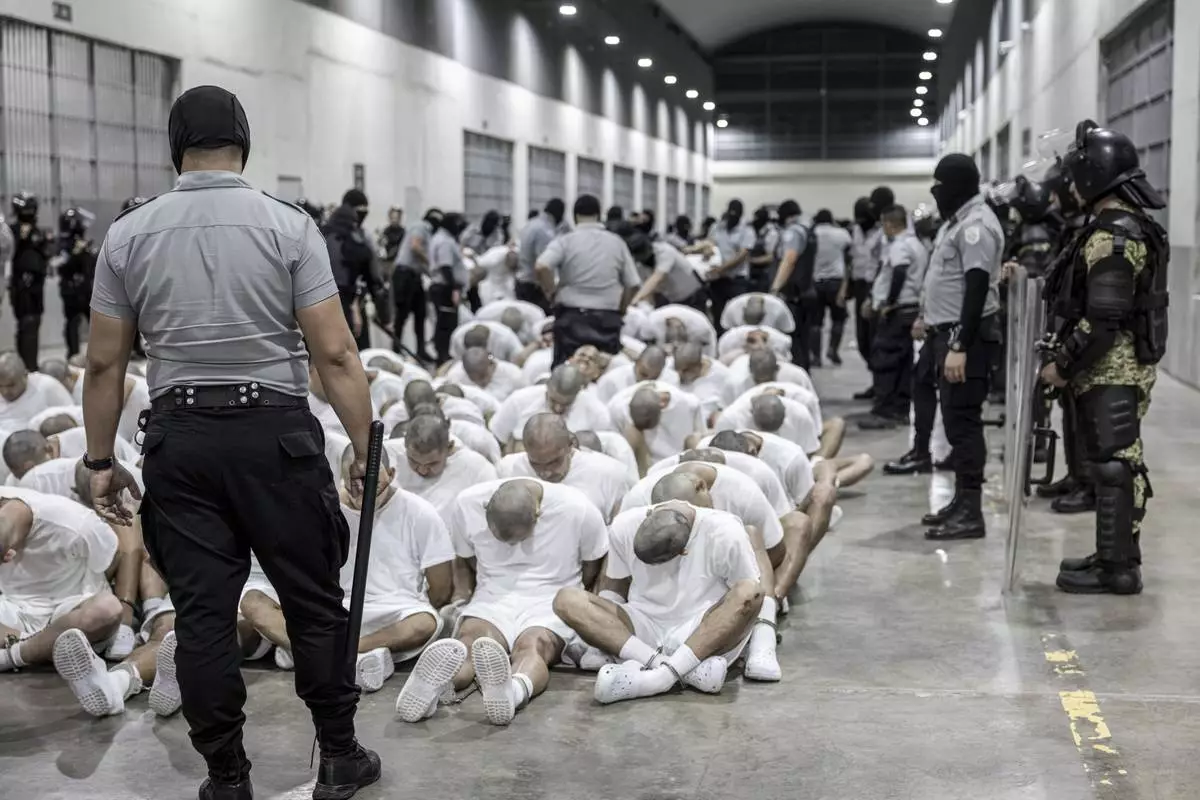
FILE - In this photo provided by El Salvador's presidential press office, a prison guard transfers deportees from the U.S., alleged to be Venezuelan gang members, to the Terrorism Confinement Center in Tecoluca, El Salvador, March 16, 2025. (El Salvador presidential press office via AP, File)
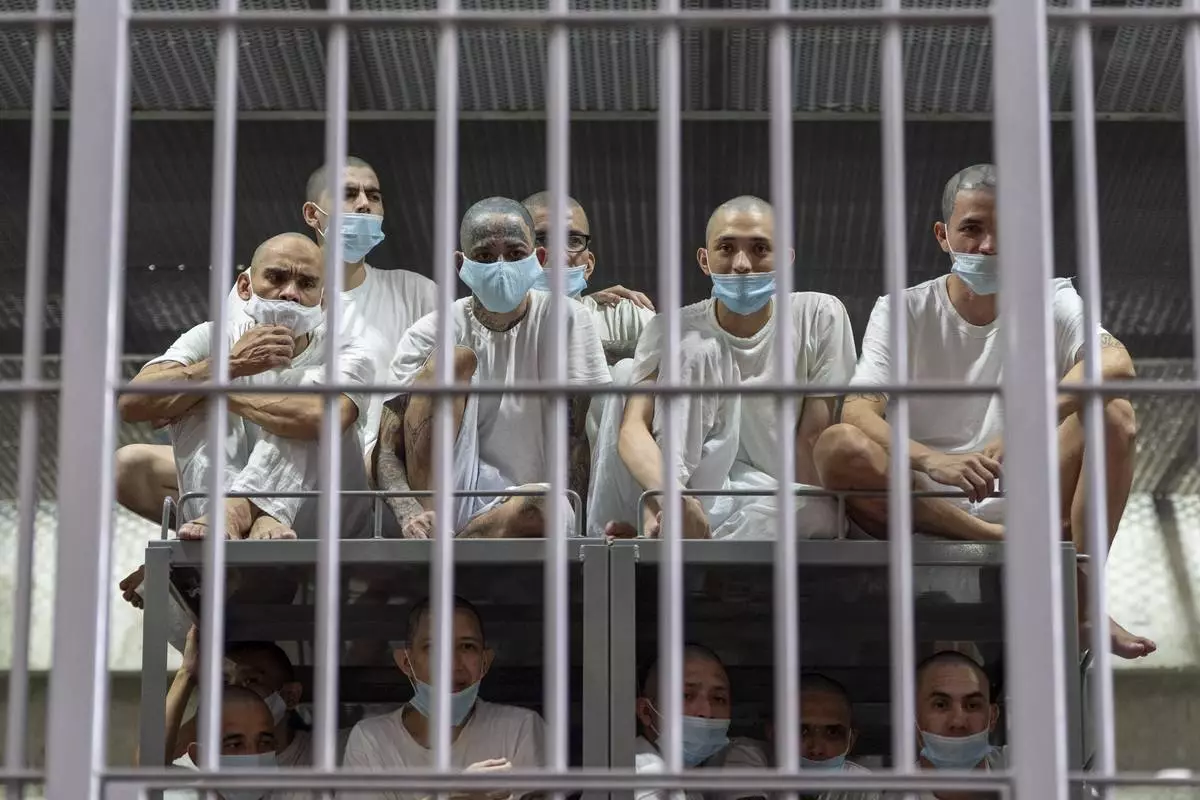
Prisoners sit in their cell as Homeland Security Secretary Kristi Noem tours the Terrorist Confinement Center in Tecoluca, El Salvador, Wednesday, March 26, 2025. (AP Photo/Alex Brandon)
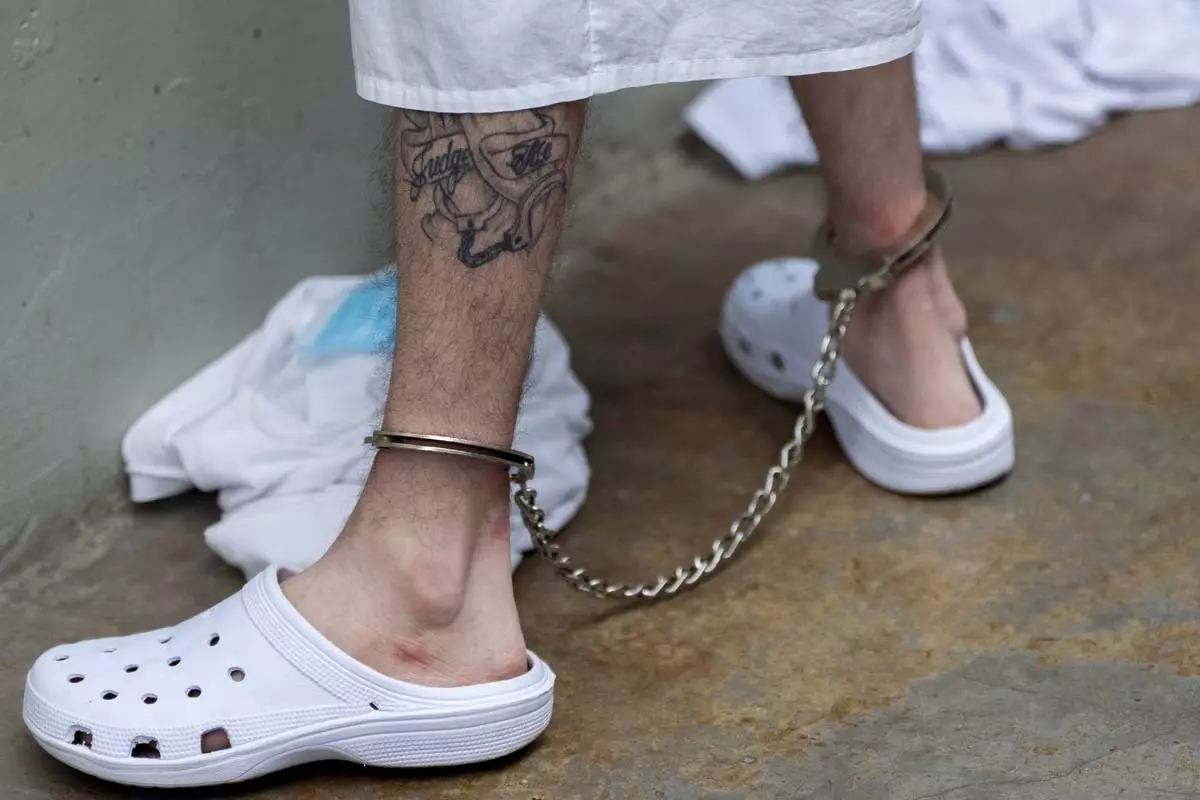
A prisoner with a tattoo with leg irons on stands as Homeland Security Secretary Kristi Noem tours the Terrorist Confinement Center in Tecoluca, El Salvador, Wednesday, March 26, 2025. (AP Photo/Alex Brandon)
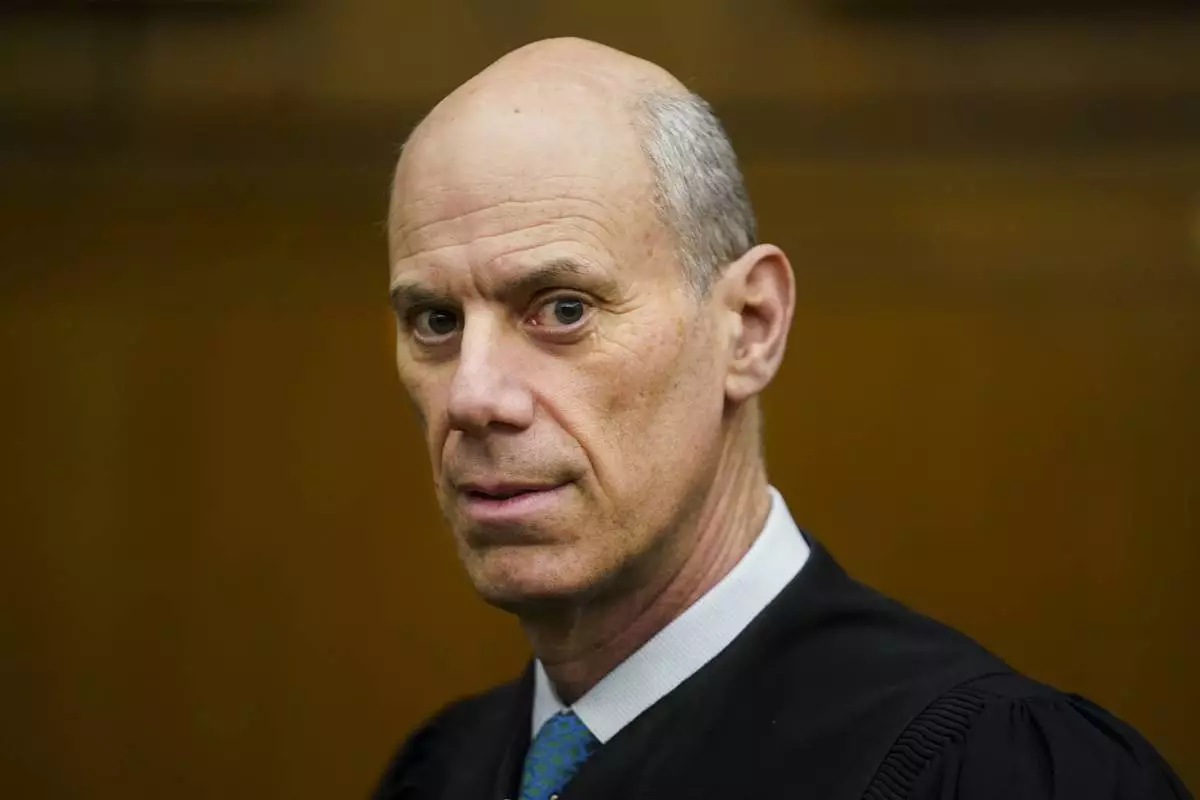
FILE - U.S. District Judge James Boasberg, chief judge of the United States District Court for the District of Columbia, stands for a portrait at E. Barrett Prettyman Federal Courthouse in Washington, March 16, 2023. (Carolyn Van Houten/The Washington Post via AP, File)
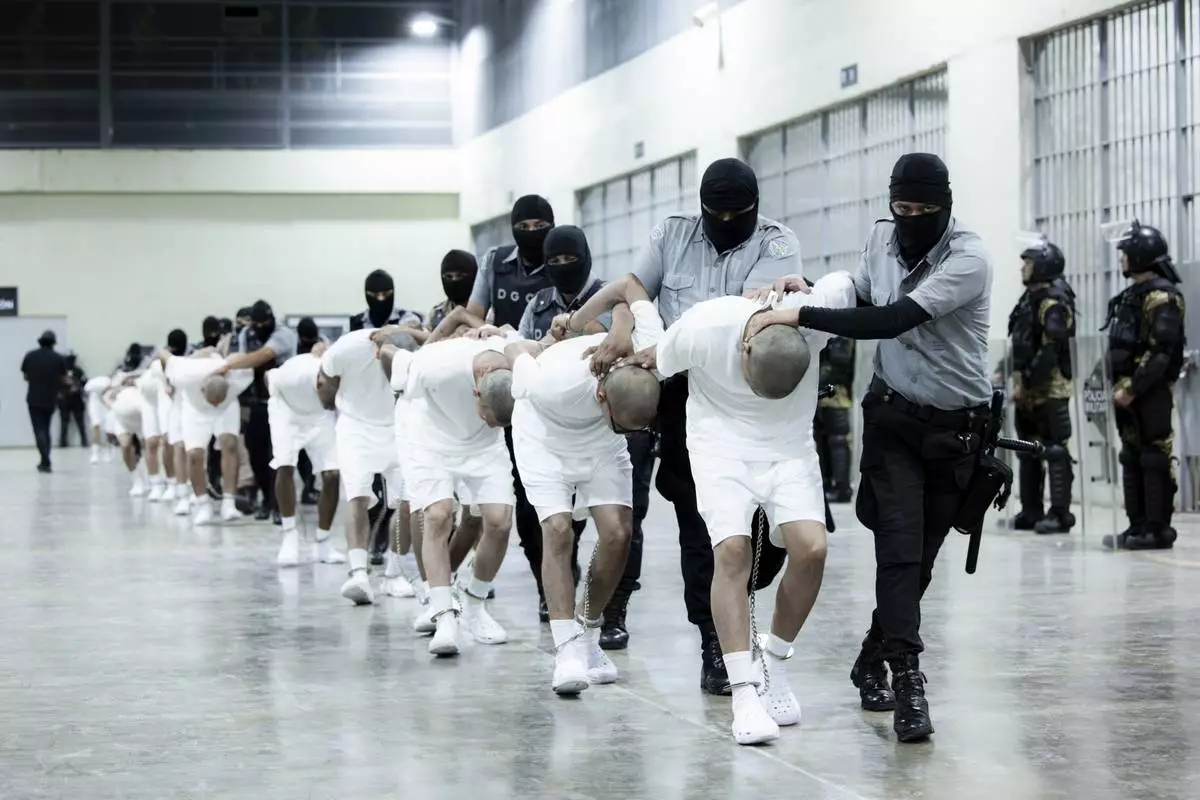
FILE - In this photo provided by El Salvador's presidential press office, prison guards transfer deportees from the U.S., alleged to be Venezuelan gang members, to the Terrorism Confinement Center in Tecoluca, El Salvador, March 16, 2025. (El Salvador presidential press office via AP, File)
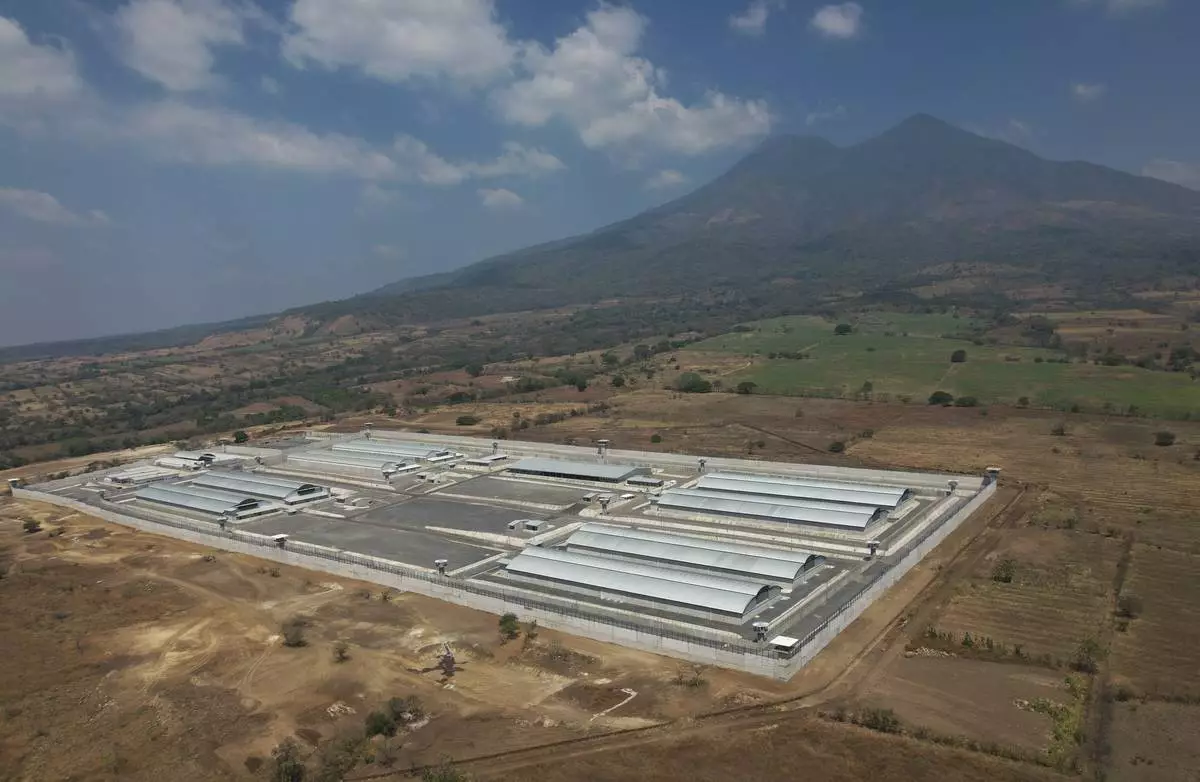
FILE - A mega-prison known as Detention Center Against Terrorism (CECOT) stands in Tecoluca, El Salvador, March 5, 2023. (AP Photo/Salvador Melendez, File)
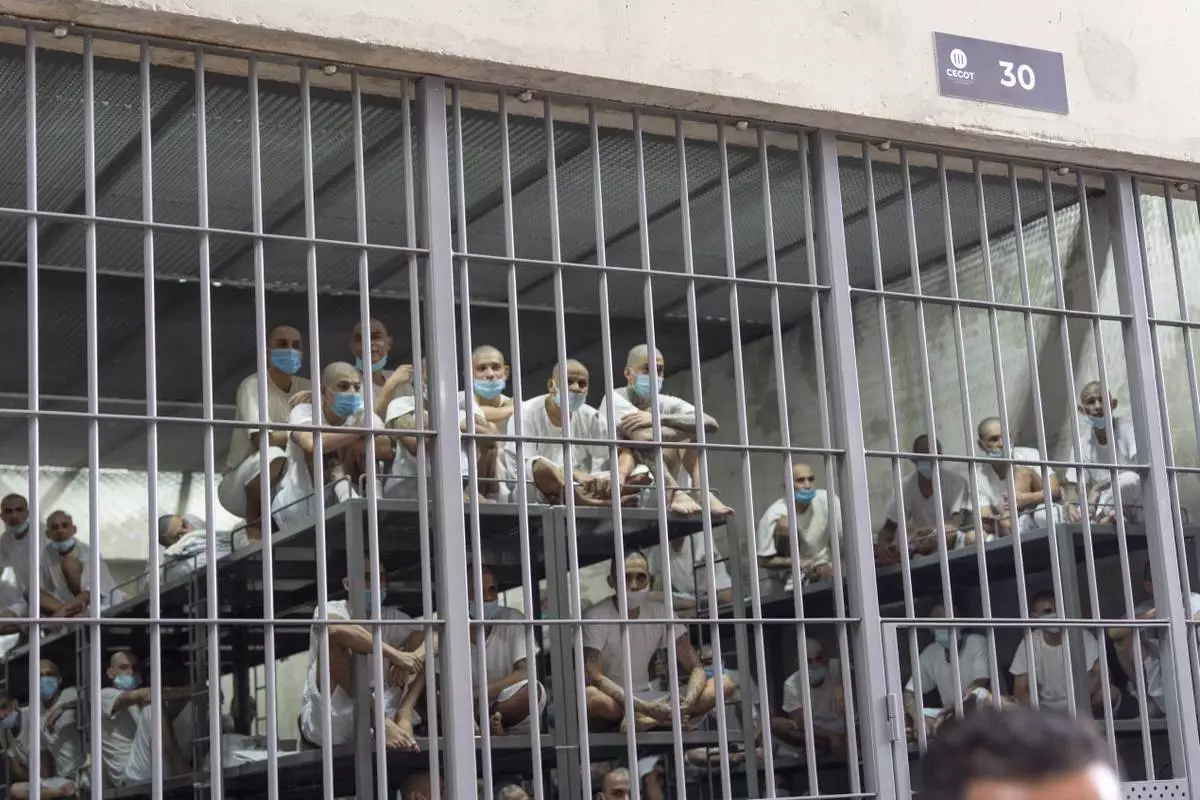
Prisoners look out of their cell as Homeland Security Secretary Kristi Noem tours the Terrorist Confinement Center in Tecoluca, El Salvador, Wednesday, March 26, 2025. (AP Photo/Alex Brandon)


